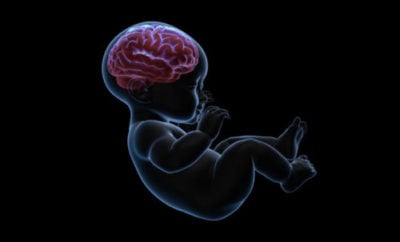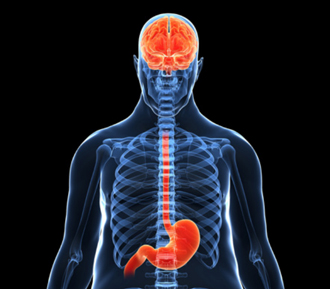Mother’s Immune Profile May Influence Prenatal Alcohol Exposure Outcome
A new study has found that alcohol use during pregnancy can affect a woman’s immune system in ways that may predict her child’s neurodevelopmental outcome. Specific changes in a mother’s immune system can also serve as an indicator of prenatal alcohol use. Prenatal alcohol use can cause an array of health effects in offspring, collectively … Read more





